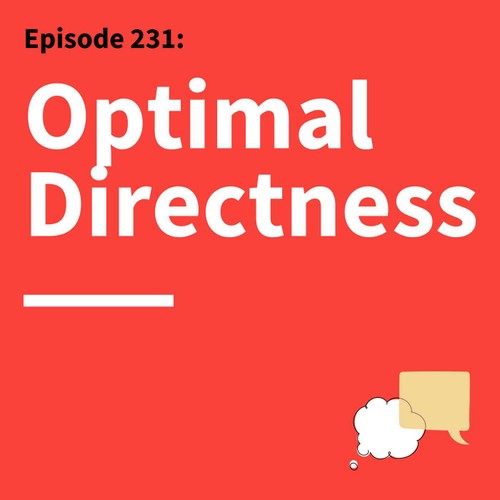
 Think Fast Talk Smart: Communication Techniques
Think Fast Talk Smart: Communication Techniques 231. Secret Signals: Why We Rarely Say Exactly What We Mean
719 snips
Sep 23, 2025 Steven Pinker, Harvard's Johnstone Professor of Psychology and a prominent cognitive scientist, explores the intricate dance of indirect communication. He reveals how we often rely on hints and euphemisms to maintain social bonds, emphasizing the importance of context in understanding messages. Pinker discusses the power of metaphors in shaping our thoughts and communication styles, while also highlighting the emotional nuances of swearing. He shares key ingredients for effective communication: empathy, calibrated directness, and an awareness of relationships.
AI Snips
Chapters
Books
Transcript
Episode notes
Indirect Speech Protects Relationships
- People often speak indirectly because direct statements create common knowledge that can change relationships.
- Hints and euphemisms let people signal mutual understanding without making that understanding publicly binding.
Everyday Examples Of Indirectness
- People use indirect requests to avoid bluntness, like asking about a cancellation instead of openly bribing a maitre d'.
- Sexual come-ons use euphemism like "come up for coffee" to preserve plausible deniability.
Common Knowledge Is Social Glue
- Common knowledge means everyone knows X and knows that everyone knows X ad infinitum.
- That level of shared awareness is what ratifies social roles like friend, boss, or authority.







